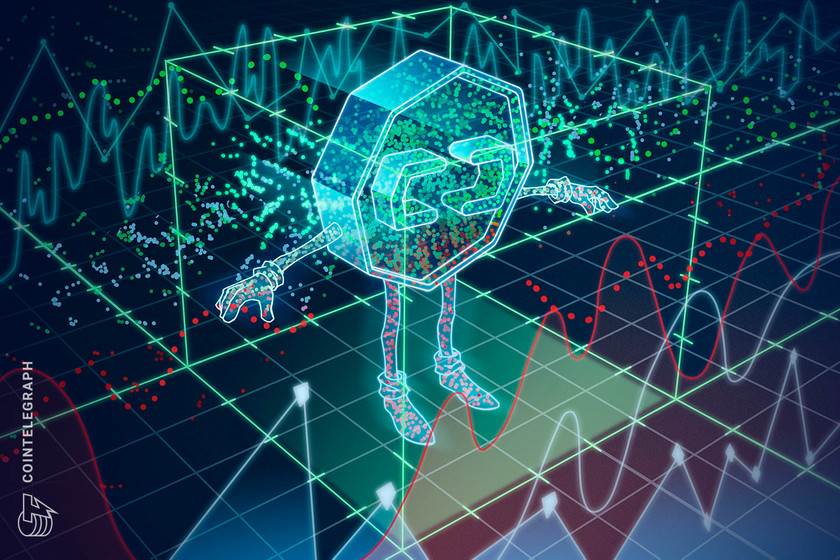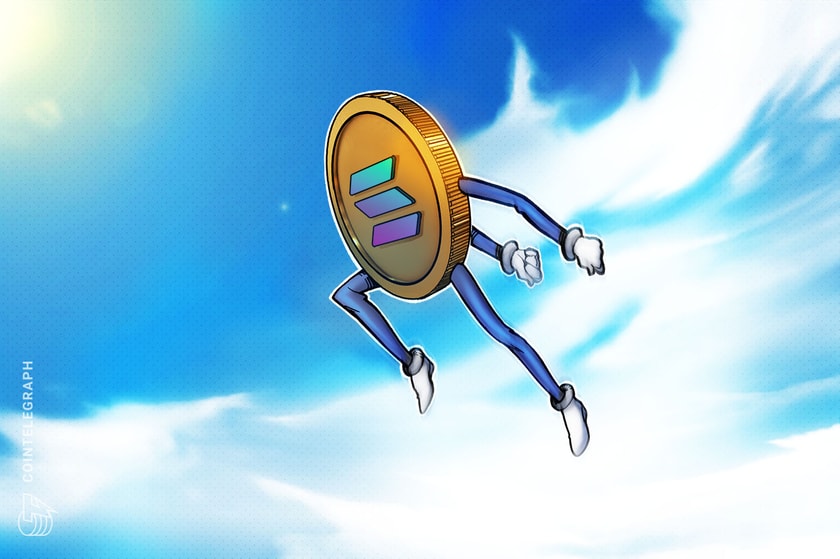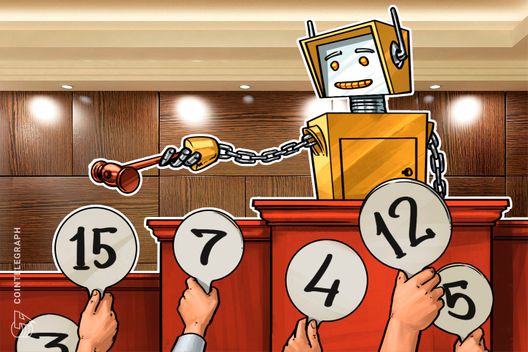A United States federal judge has preserved the Securities and Exchange Commission’s (SEC) move to strike Telegram’s “void for vagueness/lack of notice” defense.
According to a letter dated Nov. 25, the SEC moved to strike Telegram’s proposed defense as being insufficient under federal law. On Nov. 26, Judge P. Kevin Castel ordered the motion to be preserved for 14 days until after the discovery period of the proceedings has ended.
In early October, the SEC claimed that Telegram’s $1.7 billion Gram (GRAM) token sale was illegal under U.S. securities laws.
On Nov. 12, Telegram filed a claim with the U.S. District Court of the Southern District of New York, asking the court to dismiss the SEC’s case against the encrypted messaging firm. Telegram stated that the SEC:
“…failed to provide clear guidance and fair notice of its views as to what conduct constitutes a violation of the federal securities laws, and has now adopted an ad hoc legal position that is contrary to judicial precedent and the publicly expressed views of its own high-ranking officials.”
As such, Telegram said that the definition of an “investment contract” — in this case, represented by its Gram tokens — was not sufficiently defined by law, giving the firm cause for relief.
Motion to strike by the SEC
In seeking to strike Telegram’s void for vagueness defense from the proceedings, the SEC aimed to show that Telegram’s defense is insufficient, as the Howey decision and subsequent case law have adequately explained what constitutes an investment contract. Andrew Rossow, an internet attorney and anti-cyberbullying advocate, told Cointelegraph:
“In its letter to the Court, the SEC has asked Judge Castel to preserve its Motion to Strike, so as to document on the record the SEC’s continuous assertion that the Defendant’s particular ‘claim’ is not a claim and therefore doesn’t belong in the pleadings (or in the case at all).”
As a result of Judge Castel’s preservation order, Rossow explained that the SEC will not “need to continue writing and/or filing documents asserting that Defendants’ claim is not a sufficient claim in the proceedings—as it is documented as if the SEC were continuously bringing it up.”
Durov to give a deposition in the new year
Yesterday, the court ordered Telegram’s founder Pavel Durov to give a deposition regarding the Gram token sale on Jan. 7 or 8, 2020. Two other Telegram employees — Ilya Perekopsky, vice-president of Telegram, and Shyam Parekh, an employee engaged in the Gram sale — with also give separate depositions on different dates.
The SEC’s claim that Telegram violated federal law effectively halted the planned launch of the Telegram Open Network (TON) on Oct. 31. Purchase agreements for Gram token investors stated that, should the network fail to launch by that date, they could vote to receive a refund.
Eventually, investors in TON and the GRAM token sale voted against a refund, which pushed back the tentative launch date to April 2020.









